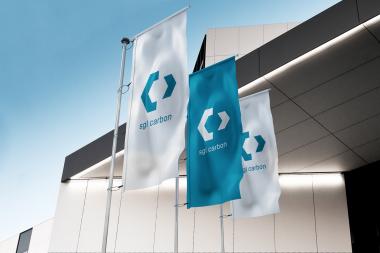adidas reports preliminary Q3 results and reduces its full year guidance
adidas announces preliminary results for the third quarter and adjusted its full year 2022 guidance. The company’s new outlook takes into account a further deterioration of traffic trends in Greater China as well as a significant inventory build-up as a result of lower consumer demand in major Western markets since the beginning of September, which is expected to lead to higher promotional activity during the remainder of the year. The new outlook also reflects several one-off costs impacting the company’s bottom-line results in both the third and fourth quarter of the year.
Based on preliminary numbers, adidas’ currency-neutral revenues grew 4% during the third quarter. Currency-neutral sales in Greater China declined at a strong double-digit rate reflecting the continued widespread covid-19-related restrictions as well as significant inventory takebacks. Excluding Greater China, currency-neutral revenues in the company’s other markets combined continued to grow at a double-digit rate during the quarter. In euro terms, the company’s sales increased 11% to € 6.408 billion in Q3. The gross margin declined 1.0 percentage points to a level of 49.1% and operating margin reached 8.8% during the third quarter (2021: 11.7%). Net income from continuing operations was € 179 million in Q3 (2021: € 479 million). The bottom-line development during the quarter reflects several one-off costs totaling almost € 300 million on the net income level. The majority of these expenses reflect the company’s decision to initiate the wind-down of its business operations in Russia. In addition, non-recurring costs related to accelerated cash pooling in high inflationary countries, a recently settled legal dispute as well as higher provisions for customs-related risks also had an adverse effect on the company’s gross profit, operating overheads as well as financial and tax expenses in the quarter.
As a result of the deteriorating traffic trend in Greater China, higher clearance activity to reduce elevated inventory levels (up 63% on a currency-neutral basis at the end of Q3) as well as total one-off costs of around € 500 million on the net income level in 2022, the company reduced its full year guidance. adidas now expects currency-neutral revenues for the total company to grow at a mid-single-digit rate in 2022 (previously: mid- to high-single-digit rate), reflecting double-digit revenue growth during the fourth quarter. This growth will be driven by adidas’ strong product pipeline, support from the FIFA World Cup 2022 as well as easier prior year comparables. The company’s gross margin is now expected to be around 47.5% in 2022 (previously: around 49.0%). Consequently, the company’s operating margin is now forecasted to be around 4.0% in 2022 (previously: around 7.0%). Net income from continuing operations is expected to reach a level of around € 500 million (previously: around € 1.3 billion).
In 2023, the company expects the non-recurrence of the one-off costs of around € 500 million occurred in 2022 to have a positive impact on the net income development in the same order of magnitude. In addition, in light of the challenging market environment adidas established a business improvement program to safeguard the company’s profitability in 2023. As part of this program the company has launched several initiatives aimed at mitigating the significant cost increases resulting from the inflationary pressure across the company’s value chain as well as unfavorable currency movements. In total, the program, which will result in one-off costs of around € 50 million in the fourth quarter of 2022, is expected to compensate cost headwinds of up to € 500 million in 2023. In addition, it is expected to deliver a positive profit contribution of around € 200 million next year.





























